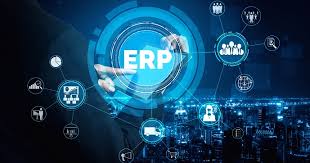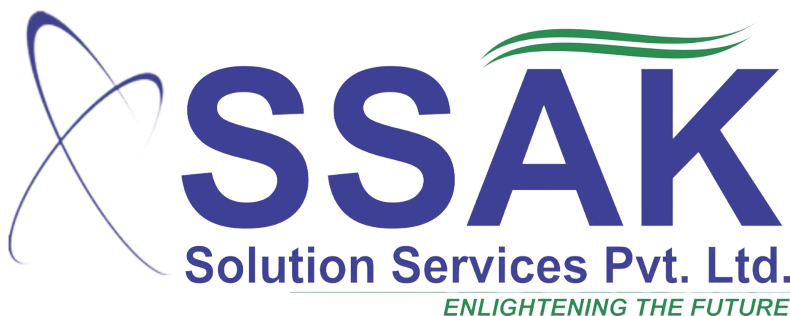
Aviation ERP
ERP in aviation
According to the Emergency Preparedness and Contingency Planning Handbook prepared and published by the ACI (Airport Council International), the ERP, which stands for Emergency Response Plan, is a plan that covers several separate sets of the SOPs (standard operating procedures), plans, and checklists that cover
Enterprise resource planning (ERP) refers to a type of software that organizations use to manage day-to-day business activities such as accounting, procurement, project management, risk management and compliance, and supply chain operations.
ERPs provide end-to-end accounting services, from budgeting to invoicing, and are used to create a uniform process across the company. TMS provide treasury-related services, such as analysing and forecasting cash flows in various currencies
Boeing uses Enterprise Resource Planning and is shifting the system to a new, expanded one called Systems Applications Projects. SAP is the next generation of ERP.
ERP products like Netsuite, SYSPRO, and Epicor allow users to automate time-consuming daily tasks. Instead of losing time each day completing repetitive needs or running reports from multiple systems, you can focus more of your time on your people and your most pressing business needs.
Like a CRM, ERP software is designed to streamline business operations. While a CRM focuses on the sales side of the organization, an ERP system is integrated and implemented across multiple departments. At its core, an ERP system offers interconnected management of specific business processes.
There are three main types of ERP systems that function with different deployment model options. The most common types of ERP systems include cloud ERP, on-premise ERP, and hybrid ERP.
ERP Benefits: Advantages and Disadvantages
Advantage #1: Streamline Workflows.
Disadvantage #1: Slow Software Implementation.
Advantage #2: Better Financial Planning.
Disadvantage #2: Expensive to Start (and Continue)
Advantage #3: Improved Data Security and Accessibility.
Disadvantage #3: Slow Data Migration.
PHP language is good for building your ERP system as it has a lot of frameworks available
Moqui is one of the most popular and cost-effective ERP framework suitable for all kinds of businesses. It can deliver solutions for modern business applications and be deployed on the latest cloud technologies
SAP ERP is one of those “easy to learn, hard to master tools” that can only support your resource planning strategy according to how much time and effort you are willing to put into learning the complexities of the system.
The ERP applications market includes both ERP Financial Management & ERP Services and Operations applications. Last year SAP led the pack with a nearly 7% market share riding on a 5.2% jump in ERP license, maintenance and subscription revenues. Oracle was #2, followed by Intuit, FIS Global and Microsoft.
